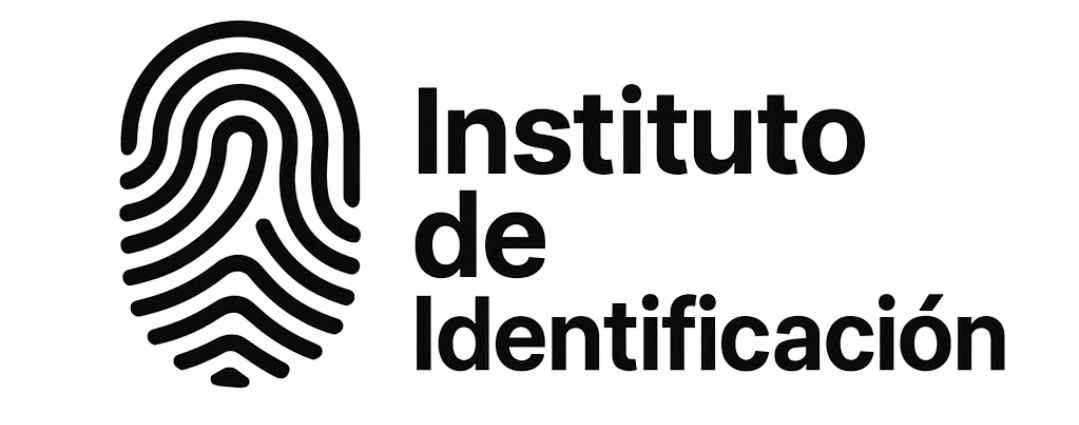Navigating the world of finance can be daunting, especially if you’re coming in with no banking experience.
It’s a common situation many face, feeling overwhelmed by the jargon and the complexities of financial systems. But don’t worry; embarking on a career at RBC without prior banking experience is more achievable than you might think.
Here you will find the simplest and most direct steps to resolve this now, but don’t forget to check our other articles such as “Open a Salary Account with No Fees.”
What you will find in this article
- Can You Work at RBC Without Banking Experience?
- Transferable Skills That RBC Values
- Entry-Level Positions to Get Your Foot in the Door
- Free Online Courses to Boost Your Profile
- How to Write a Convincing Cover Letter Without Experience
Understanding this process is crucial for building confidence in managing financial matters. This article will provide clarity, ease, and efficient shortcuts tailored just for beginners. Let’s explore how you can land an entry-level job at RBC even without prior experience in the banking sector.
Can You Work at RBC Without Banking Experience?
The short answer is: Yes, you can. RBC, like many other financial institutions, values diverse backgrounds and skills that contribute to a multifaceted workplace. Whether you come from retail, hospitality, or any other industry, there’s likely a position where your previous experience is applicable.
- Emphasize Customer Service: If you have experience in customer-facing roles, it can translate well to a bank setting where client interaction is vital.
- Highlight Adaptability: Demonstrating an ability to learn quickly and adapt to new environments is key.
- Focus on Communication Skills: Effective communication is fundamental in banking, and proficiency here can compensate for a lack of direct experience.
- Show Enthusiasm for the Role: A genuine interest in the banking industry can position you as a dedicated candidate willing to learn and grow.
Transferable Skills That RBC Values
Recognizing the skills that you already possess and how they can apply in a banking setting is an invaluable step. Let’s explore some crucial transferable skills:
- Problem Solving: Whether you’ve solved issues in retail inventories or resolved customer complaints, this skill is essential in banking.
- Numeracy: Basic mathematical skills are a fundamental aspect, which you likely use daily in various contexts.
- Attention to Detail: Ensuring accuracy in documents or transactions is crucial and can be linked to many roles outside of banking.
- Reliability: Demonstrating a consistent work ethic and dependability helps build trust with both colleagues and clients.
- Teamwork: Collaborating effectively with others is essential, especially in departments that rely on strong team dynamics.
Entry-Level Positions to Get Your Foot in the Door
Entering RBC via an entry-level position can be a strategic move to build your experience base. Here are some ideal positions:
- Customer Service Representative: This role often serves as a stepping stone in finance, emphasizing client interaction and financial transactions.
- Bank Teller: Directly dealing with clients for basic banking services, it sharpens your skills in customer service and cash handling.
- Administrative Assistant: Provides insights into the operational aspects of banking while honing organizational skills.
- Finance Internships: These are great entry points for students or recent graduates to gain hands-on experience.
- Call Center Positions: Focus on customer inquiries and support, offering a strong foundation in client relations and problem-solving.
Free Online Courses to Boost Your Profile
Enhancing your profile with additional skills can make a considerable difference. Here are some free online courses to consider:
- Basic Financial Accounting: Websites like Coursera offer introductory courses that can provide a foundation in finance.
- Excel for Beginners: Mastering Excel can improve your efficiency and is highly valued in banking roles.
- Customer Service Skills: Platforms like edX have free courses that refine your ability to interact with clients effectively.
- Communication Skills: Building on your proficiency in written and verbal communication is critical in any business setting.
- Data Analysis Fundamentals: Becoming adept at interpreting data can set you apart in roles that require analytics.
How to Write a Convincing Cover Letter Without Experience
Your cover letter is a powerful tool. Here’s how to make it stand out even without specific experience:
- Highlight Transferable Skills: Directly relate your existing skills to those required for the banking role.
- Showcase Your Motivation: Express a strong desire to learn and grow within the company.
- Research the Company: Tailor your cover letter by aligning your values with those of RBC’s.
- Be Honest and Transparent: Acknowledge your lack of experience but counterbalance with your enthusiasm and willingness to learn.
- Use a Professional Tone: Ensure your language is formal yet engaging, showcasing your communication prowess.
Now that you know how to make an impression, the next step is taking action.
➡️ Open a Salary Account with No Fees
Conclusion
Embarking on a banking career at RBC without prior experience is entirely possible by leveraging transferable skills and targeting the right entry-level positions. With a focus on continuous learning and aligning your strengths with the demands of the industry, you can make a compelling case for yourself as a viable candidate. Remember, many people have successfully transitioned into banking with backgrounds as diverse as yours, and so can you.
Now that you know how to break into the banking industry, ready yourself for the next step…
